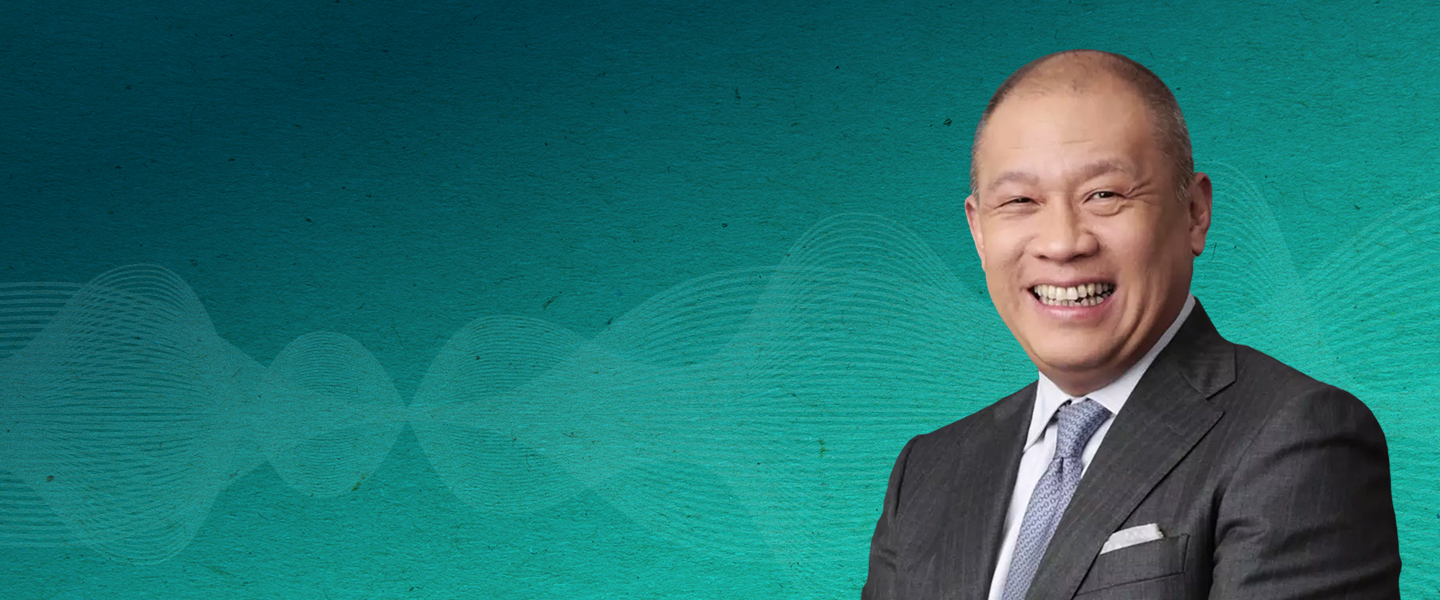The year was 2008. Ernest Cu had spent 11 successful years in business process outsourcing (BPO) in the Philippines and had his eye on a move into private equity. Cu and a business partner had even started to raise money for a fund.
But fate had another plan for him — one that ultimately led to one of the most successful transformation stories in the world of digital telecoms in Southeast Asia.
The collapse of US investment bank Lehman Brothers triggered the global financial crisis, suddenly derailing Cu’s private equity start-up. That’s when he received a call from one of the early investors in his fund, Ayala Corporation, one of the largest conglomerates in the Philippines, and a shareholder in Globe Telecom, one of the country’s telecom providers.
“We had just decided to fold up the fund and Jaime Augusto Zóbel de Ayala [former chief executive of Ayala] asked me: ‘Hey, can you help me out and take on the helm of Globe?’ I said, ‘Sure, I’ll do it for two years. We can go and raise the fund afterwards.’ Lo and behold, I’m on my 14th year at Globe,” says Cu.
In that time Cu has transformed Globe from a mobile phone company that was losing market share in the traditional mobile and SMS, or text, business, into one of the two largest mobile operators and digital payments businesses in the Philippines, having pioneered digital consumer engagement. Its main rival is Philippine Long Distance and Telephone Company (PLDT). A third mobile operator, DITO Telecommunity, started operating in 2021.
Globe, whose two main shareholders are Ayala Corporation and SingTel, the dominant telecom provider in Singapore, is also a leading digital platform in the Philippines. It has major interests in financial technology, digital marketing solutions, venture capital funding for start-ups, entertainment, and virtual healthcare. Globe and Ayala, along with China’s Ant Group (part of Alibaba, the e-commerce giant), are co-owners of Mynt, a fintech that in late 2021 raised over $300 million in funding. That valued it at over $2 billion, making it the only “unicorn” in the Philippines.
To get Globe to where it is today, Cu pursued a so-called “dual transformation” of the business, meaning reforming two elements in parallel: transforming its traditional mobile services business, while at the same time creating a digital services company to serve all Filipinos.
“At that point in time, there was intense competition for voice and SMS. Globe was a weaker number two player and there was a third player called Sun that was eating up market share. The decision was to look at the things that we needed to change. The network was aging. We could see that data was on the horizon,” says Cu. “So, if a network like ours had difficulty satisfying unlimited voice and SMS, there was no way that we would be able to satisfy the data requirements of people. On the horizon we could also see disruption coming our way: customers were moving to smartphones.”
Cu decided to “declare the battle lost” in the SMS segment and move aggressively to overhauling Globe’s IT and network capabilities to allow the company to compete in the emerging world of 3G. Acquiring real time processing capability, replacing Globe’s batch processing systems, was vital to this effort.
About a year after launching the network transformation, and towards the end of that process, Globe started the IT transformation, followed by changed the marketing strategy — in effect layering further elements of the transformation process, adding to the complexity of the challenge.
“We started with reconfiguring our stores from payment centers to actual telco retail shops, or ‘experiential’ retail shops where people could experience what a smartphone looks like, what a smartphone felt like,” says Cu. Previously, the company had dummy 2G phones in locked cases, meaning the prospective customer could not touch the product — not ideal for selling a smartphone.
While the nuts and bolts of the business was being transformed, Cu also embarked on the second major element: a cultural transformation. “The company operated with a utility mindset, meaning that it operated like a water or power utility, where consumers really don’t have a choice as to who their supplier is,” explains Cu. “But that wasn’t the market reality. It was a very competitive consumer market, and we were losing out at that point in time. Our market share was declining. So, we had to pivot the company into a very different mindset.”
YouTube



 Podcast available
Podcast available